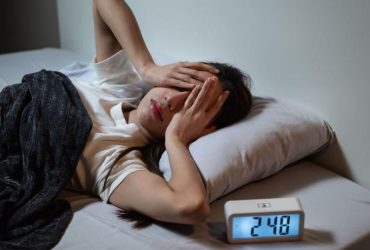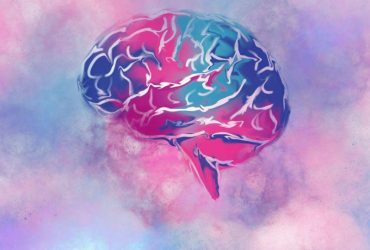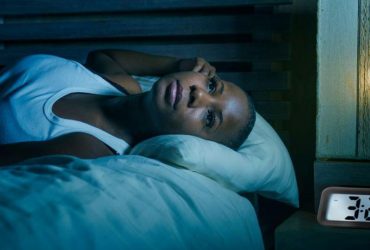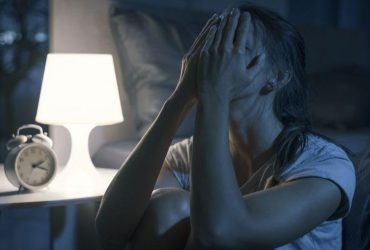Adolescents at risk can be categorized into three groups, which have differential benefits from prevention program
Findings capture psychotic‑like experiences of deja vu, auditory hallucination-like experiences, and paranoia
Improvement observed across a range of health conditions, mostly sustained over time
Proof-of-concept study is 'encouraging' for repurposing insomnia drug, authors say
Steady and rapid improvement seen with dCBT-I during first three months, then fluctuated to six months
Insomnia was more consistently associated with worries about the pandemic than exposure to COVID-19 risk factors
8.4 percent of adults took sleep meds every day or most days in last 30 days; women were more likely to take sleep meds than men
Almost one-quarter of adults sleep less than seven hours on workdays
Middle-aged and older adults with insomnia more likely to report memory decline over subsequent three years
Nurse-led group cognitive behavioral therapy had no effect on objective sleep measures but did improve patient-reported secondary outcomes










